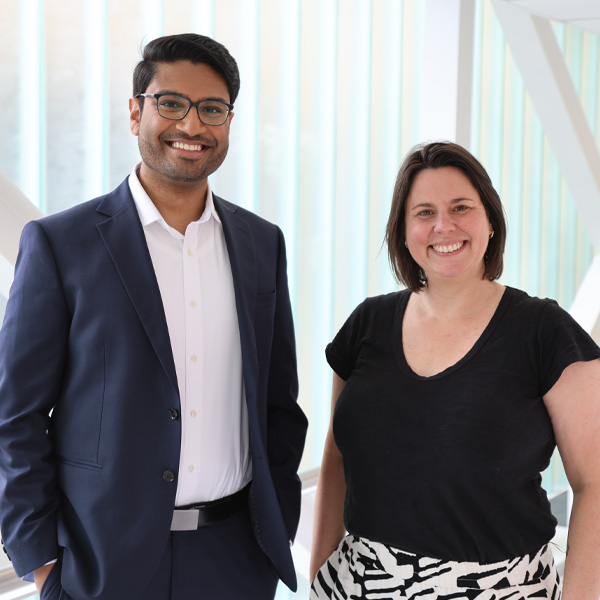Concerns eased over ICSI male infertility
By Rob Clancy, staff writer. Reviewed by Dr Sarah Catford
Infertility concerns among men conceived by intracytoplasmic sperm injection (ICSI) have eased, with new research showing little or no difference in their reproductive health compared to men conceived naturally.
The world’s largest study on the health of adult men conceived using intracytoplasmic sperm injection or ICSI, which is the most common type of assisted reproductive technology (ART), found similar sperm output between men conceived with ICSI and men conceived naturally.
ICSI infertility link answered
The work, led jointly by Hudson Institute of Medical Research and Murdoch Children’s Research Institute, is the first to categorise fathers by their underlying cause of infertility and look at whether these causes affected the reproductive health of their sons.
Hudson Institute’s team was headed by ICSI male infertility expert Professor Robert McLachlan AM and PhD student Dr Sarah Catford, who found very limited research in the area, and ongoing concern that men conceived with ICSI may have impaired reproductive function.
The MCRI team brought a wealth of experience to the conduct of such studies in ART offspring conceived using conventional IVF.
“We invited men conceived using ICSI and their parents to take part in a study about the overall health and reproductive and metabolic health of men conceived with ICSI, due to a very limited pool of knowledge on this subject. Results from the reproductive study have recently been published, with our metabolic data soon to follow,” Dr Catford said.
Professor Roger Hart from the University of Western Australia provided the comparison data from a group of young men conceived without reproductive assistance, who were born into the Raine Study between 1989 and 1992. The men completed questionnaires, underwent physical examination, and provided biological samples at twenty years old. Additional data was sourced from antenatal questionnaires completed by their mothers at 16, 18 and 34 weeks of gestation.
The Raine Study is the world’s first and longest-running prospective pregnancy cohort study. It has followed a group of 2,868 children who were born into the study between 1989 and 1991. Research based on data from the Raine Study has previously confirmed that there is no genetic difference and or longer-term health implications for children born IVF compared with those conceived naturally. The Raine Study is recognised internationally as a highly unique resource.
Male infertility not inherited
“The good news is that poor semen quality or infertility is not necessarily inherited or transferred from father to son, unlike hair or eye colour,” she said.
“This study provides reassurance to parents of young men who were conceived with ICSI, prospective parents, and the young men themselves, that men conceived with ICSI are likely to have comparable reproductive health to their peers conceived naturally.”
“The data also provides reassurance to clinicians about the safety of ICSI and paves the way for ongoing research on the health of adults conceived with ICSI,” Dr Catford said.
Collaborators | Monash University, Murdoch Children's Research Institute, Melbourne IVF, Monash IVF, The Raine Study
Journal | Fertility and Sterility
Title | Reproductive function in men conceived with in vitro fertilization and intracytoplasmic sperm injection
View publication | https://doi.org/10.1016/j.fertnstert.2021.12.026
In this article
About Hudson Institute
Hudson Institute’ s research programs deliver in three areas of medical need – inflammation, cancer, women’s and newborn health. More
Hudson News
Get the inside view on discoveries and patient stories
“Thank you Hudson Institute researchers. Your work brings such hope to all women with ovarian cancer knowing that potentially women in the future won't have to go through what we have!”







